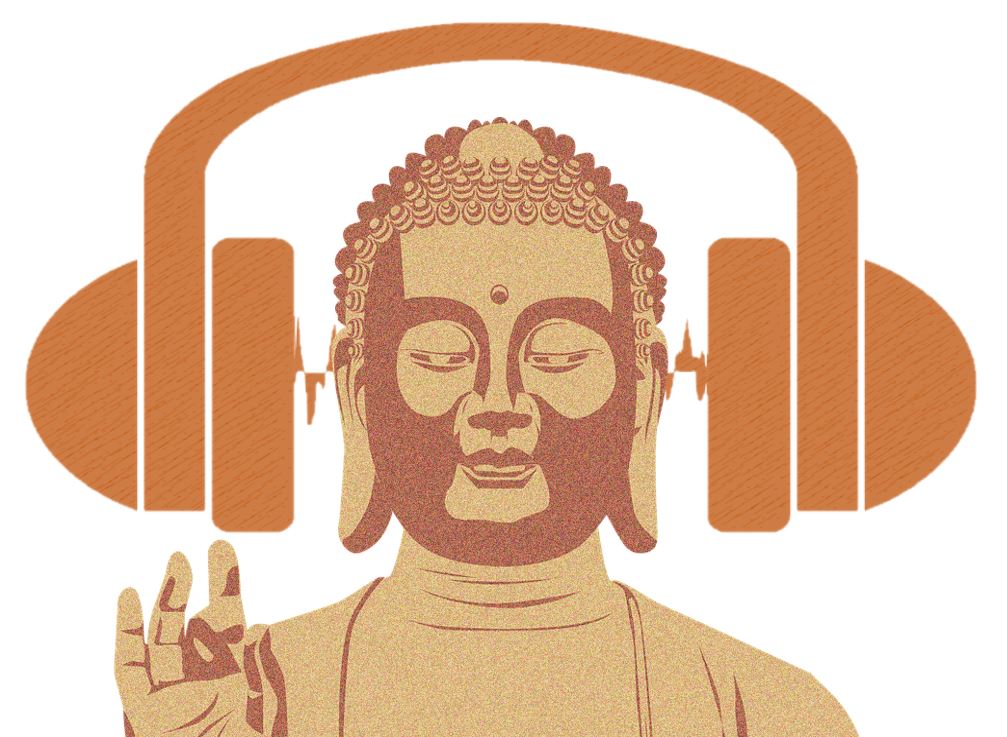
Discursive, subtle states of mind are difficult to isolate which makes it difficult to utilize methods to lessen their negative impact on us. They just seem to be “us”, who we are. Even though they are almost always “invisible”, you can count on experiencing their results… anxiety and more anxiety! The Buddha describes these troubling subtle states of mind as the Ten Fetters. He offers an approach, a sort of “To-Do List” on how to mentally address the Fetters, and what happens when we undertake the process of recognizing them. Tonight we will do a brief overview of the Ten Fetters and their unique properties. We’ll spend additional time on the first fetter, which is the illusion we each have concerning our own personality, or “personality view”. We will explore this first fetter through a few brief mental exercises.
